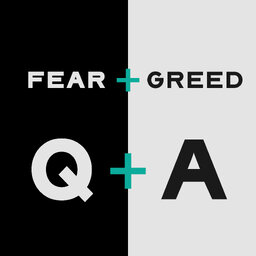Interview: The Aussie franchise making a splash around the world
Australia is a pool-loving nation. In fact, there are about 1.5 million of them across the country. And one incredibly successful Aussie franchise looks after 20% of those and is expanding rapidly around the globe.
Poolwerx founder and CEO John O'Brien reveals how he meticulously planned his global pool domination more than 30 years ago and how he's been carrying it out ever since.
 FEAR & GREED | Business News
FEAR & GREED | Business News


